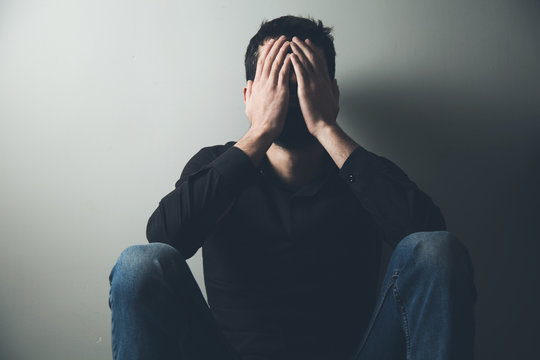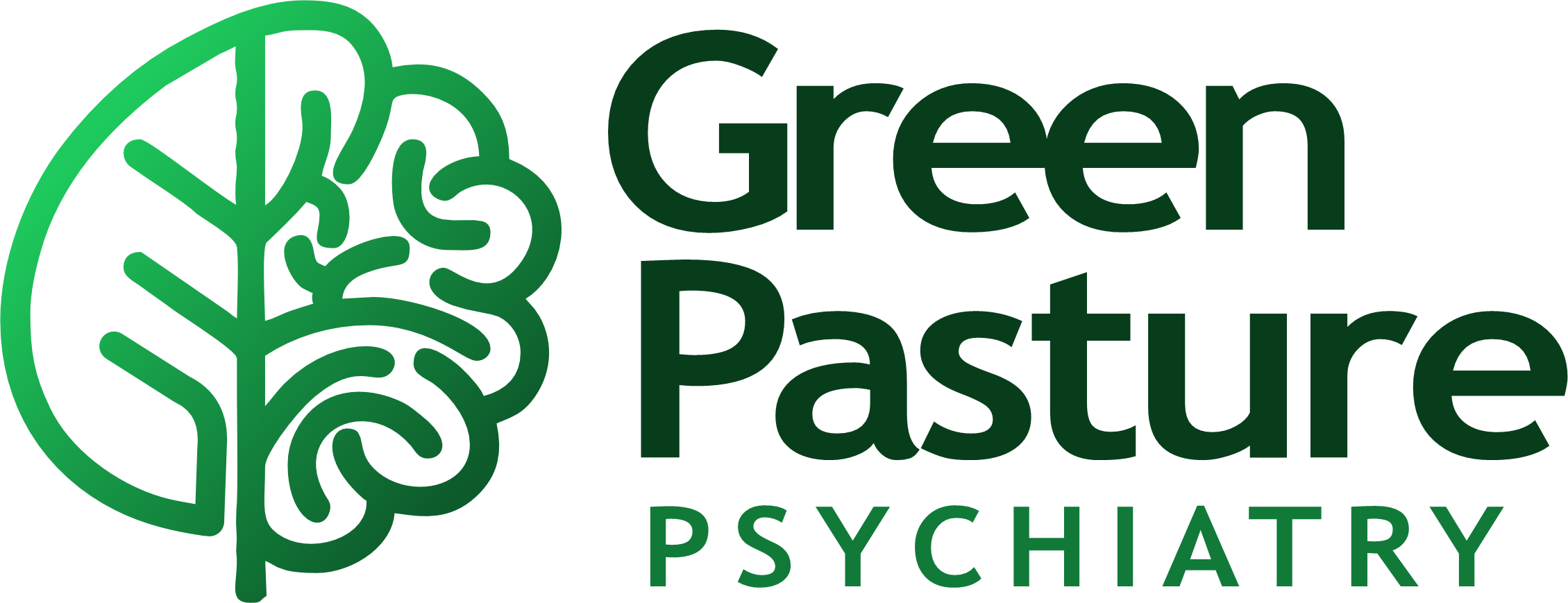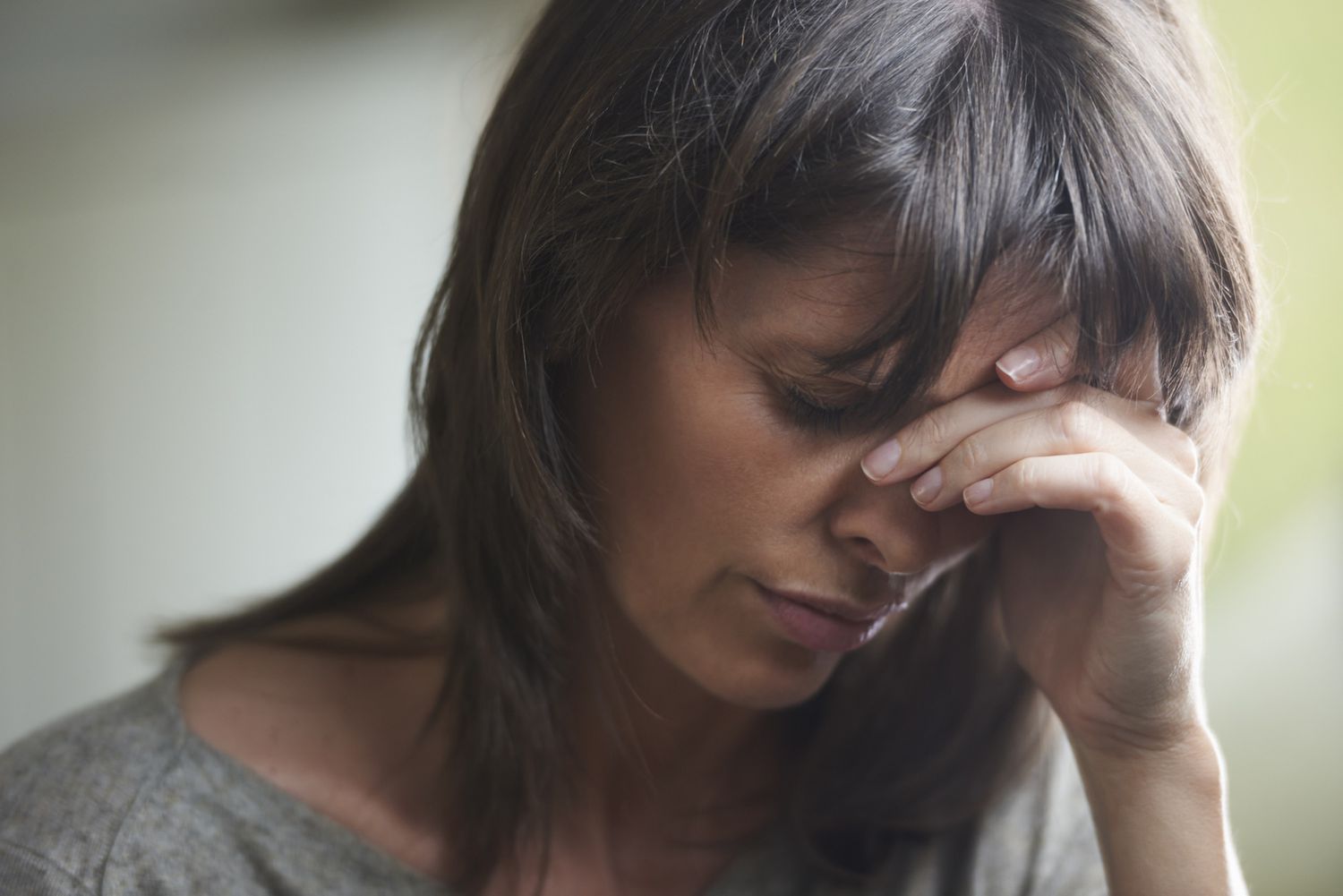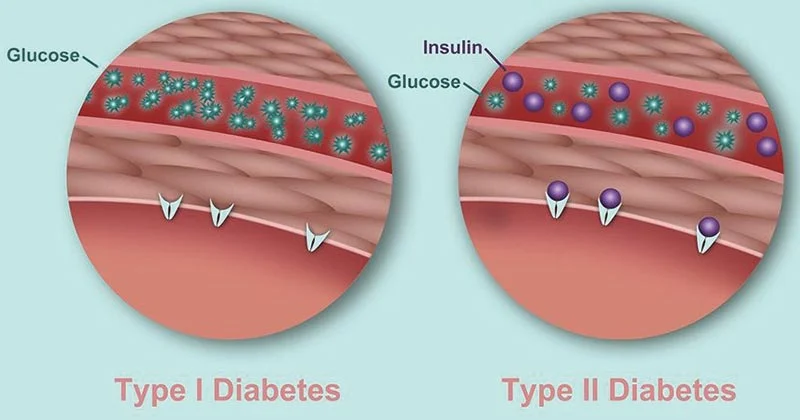We all have bad days. But when the sadness lingers, the motivation disappears, and everything feels heavy for weeks at a time, it might be more than just a rough patch. Depression is real, and it’s more common than most people realize.
Whether you’re experiencing it yourself or trying to support someone who is, understanding what depression really is can be life-changing.
What Is Depression?
Depression—clinically known as major depressive disorder—is a mental health condition that affects how you feel, think, and handle daily activities. It’s not just about being sad. It’s deeper, more persistent, and can touch every area of your life.
🧠 Common signs of depression include:
- Feeling sad, empty, or hopeless most of the day
- Loss of interest in hobbies or things you used to enjoy
- Fatigue or lack of energy, even after resting
- Trouble sleeping—or sleeping too much
- Difficulty concentrating or making decisions
- Changes in appetite or weight
- Thoughts of death or suicide
If you’ve felt several of these symptoms nearly every day for more than two weeks, it could be depression.

Who Can Experience Depression?
The short answer: Anyone.
Depression affects people of all ages, genders, and backgrounds. It doesn’t always have a clear cause. Sometimes it’s triggered by a life event—like losing a job or a loved one. Other times, it creeps in quietly, for no obvious reason.
💬 And no, it’s not a sign of weakness or something you can “snap out of.”
Depression in Different Groups
- Teens and Young Adults: Often shows up as irritability, withdrawal, or dropping grades.
- Adults: May struggle silently, especially when balancing work, family, and personal life.
- Older Adults: Can be mistaken for aging-related issues, but it’s just as serious and treatable.
What Causes Depression?
There’s no single cause. It often results from a mix of biological, psychological, and environmental factors:
- Family history of mental illness
- Brain chemistry imbalances
- Traumatic life events
- Chronic stress or illness
- Substance abuse
How Is Depression Treated?
The good news is—depression is treatable.
✅ Treatment options include:
- Therapy (like cognitive behavioral therapy)
- Medication (such as antidepressants)
- Lifestyle changes (sleep, diet, and exercise)
- Support groups or talking with trusted people
Tips for Managing Depression (Alongside Treatment)
- Break tasks into small steps. Even getting out of bed is a win some days.
- Stay connected. Isolation feeds depression—reach out, even when it’s hard.
- Avoid self-blame. Depression is an illness, not a character flaw.
- Practice self-compassion. Some days will be better than others. That’s okay.
You’re Not Alone
If you’re reading this and you’re struggling—please know this: you are not alone. Millions of people live with depression and manage it successfully with the right support.
It’s okay to ask for help. It’s okay to need time. And it’s more than okay to talk about it.




